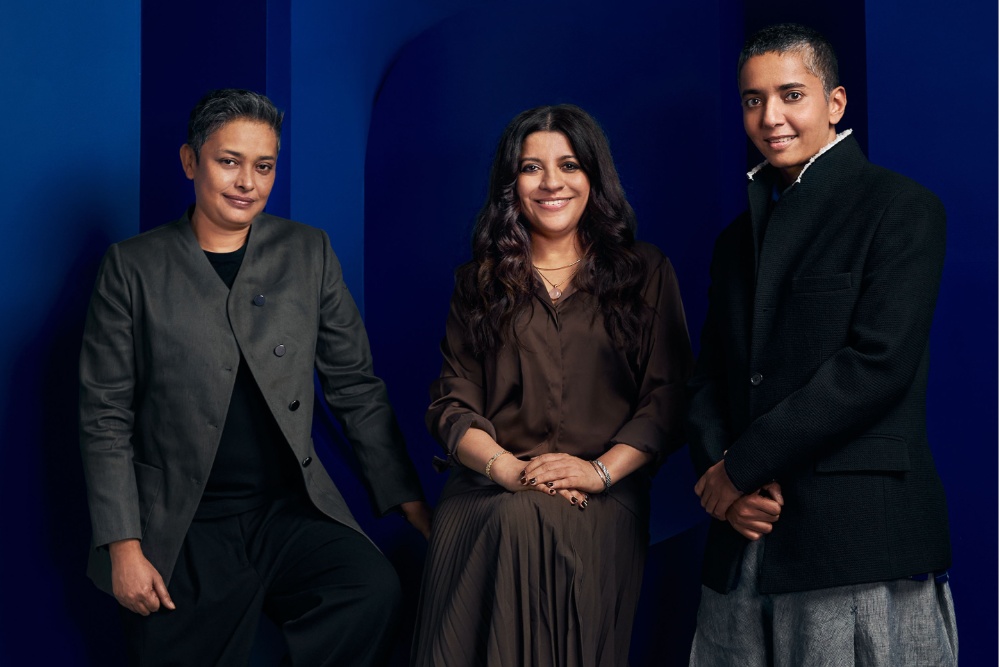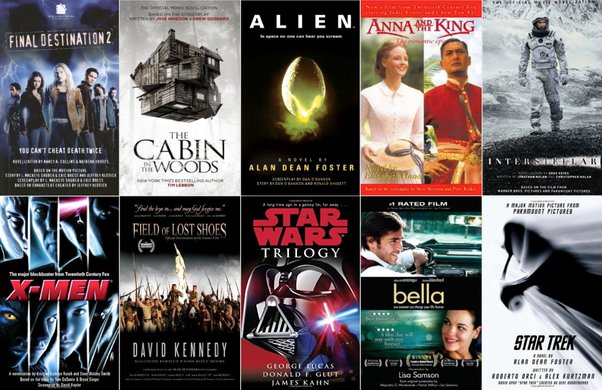Tiger Baby is expanding its story telling with the Indian production company, “Made in Heaven”, “Made in Heaven”.In transit“A documentary series for” Principal video It follows nine transgender individuals across India as they navigate the love, identity and struggle beyond the gender binergies.
“In transit” is a diverse artist in Mumbai, from a young teacher living in a reserve one to a classical musician from Bengaluru. Each character is in a different phase of their transgender journey, which is firmly catching social norms and challenging through both turmoil and victory.
The origin of the series comes back to the positive response to the manufacturers, where the manufacturers return to the positive response Zoya Akhtar And Reema Kagti Introducing transgender representation that emerged deeply with the audience. Akhtar explains, “We loved the community very much, because there were things that were not seen earlier. Represented in a special way,” Akhtar explains. “So we had a lot of response and a lot of questions.”
When the character Meher Chaudhary played by Trans actor Trinetra Halinatra Halinatra Gumraju for the second season of the show was developed, the pair felt how much research was needed to authentically portray transgender experiences. Says Akhtar, “We started interviewing people, because we realized how little we knew and we needed that representation.” “And it happened as if we need to make it wider.”
Prime Video supported the project, and Tiger Baby participated with director Ayesha Sood, whose two -decade career includes work with directors like Meera Nair, Deepa Mehta and Farhan Akhtar, as well as praised projects like “The Cherry on Top” and Netflix’s “Indian Predator: The Kasai of Daily”.
Sood exposed a special moving moment with Aryan, a character in Mumbai, whose clear discussion of vulnerability stopped production in its tracks. “When he was talking about vulnerability, his conversation, I think it just stopped the entire room,” Sood misses. “Like, can you be unsafe in a relationship and ask someone that I need you? And I think it all needs you to build bridges. I think they said it beautifully, and it is with all of us.”
The Building Trust with subjects requires extensive relations development in one and a half years. Sood explains, “We have many conversations on the phone, online. We left and met them before we actually start filming with them, just audio, just talking,” Sood says. “And this is mainly about building construction. Once you build that belief and talk to people, I think everyone wants to hear.”
The series balances aesthetic ambition with intensive respect for its subjects navigating individual and social thresholds. “I am constantly looking for a truth, such as the truth of the character and the truth and truth of the story,” Sood says. “And I want to respect it. And I want to do so without any decision.”
For Akhtar and Kagti, shift to uncontrolled materials from scripted represents an exciting creative expansion. “I like it,” Akhtar says about the documentary format. “We also see too much unpoted goods. You know, we are not only looking at the story. So it is a different format, it is a different medium.”
Manufacturers emphasize their responsibility to maintain authenticity by protecting their subjects. Akhtar said, “You have to make sure that you are not manipulating the story for any reason.” “You have to treat people who are relying on you who are sharing their deep desires, their deep vulnerability, their pain, their injuries, their experience and you should be able to do so with dignity.”
Kagati notes how the chain reveals universal human experiences despite exposing diverse individuals. “What I was seeing is how similar we are all. Everyone wants the same thing, and he (Sood) brought him out in that beautiful way.”
Camera presented challenges due to violence and lack of many facial acceptance while discovering subjects wishing to share their stories, filmmakers were lucky to join with nine persons ready to tell their stories. “Some people have a difficult life, their lives are violent, and they are not always accepted, and it is not always easy for them to come on camera,” Sood accepts. “So there are many who cannot tell their stories. We were lucky to have something that we could do.”
The purpose of the series is to affect the Indian media’s approach to transgender and non-binary representation through research and authentic cooperation. “Just do research on more man. Just talk to people. People are ready to talk to you. They want to see. And they want to see correctly,” Akhtar advises.
Drawing from his experience of writing transgender characters for “Made in Heaven”, manufacturers learned the importance of community input. “If you are representing, just let them read the script. Tell them what they think. Tell them how they feel you,” Akhtar is called. “Because you don’t know. We did not know. And there is no point in whether you are not going to do it well and authentically and feel happy to see people.”
Given India’s vast diversity, filmmakers hope that “Transit in” represents the beginning of the expansion of transgender storytelling. When asked about the future projects of more stories, Akhtar hoped: “Let’s see how this happens. I hope.”
“In transit”, which streams from June 13, connects Tiger Baby’s rising slateCarried out “Angry young men” And environmental documentary “Turtle Walker.”

Reema Kagti, Zoya Akhtar, Ayesha Sood
Principal video



